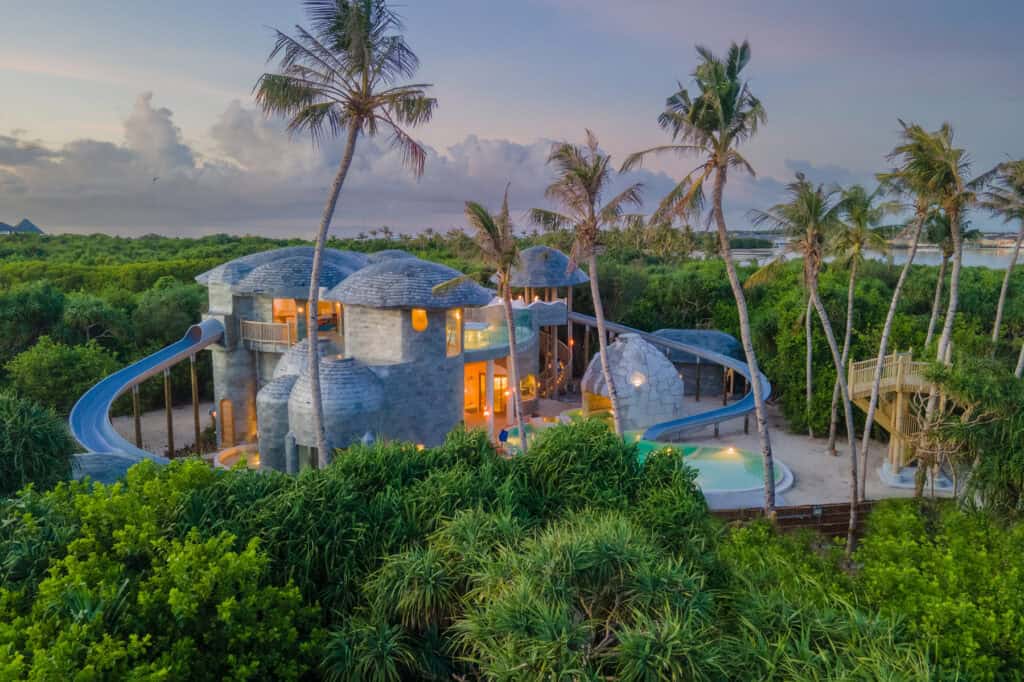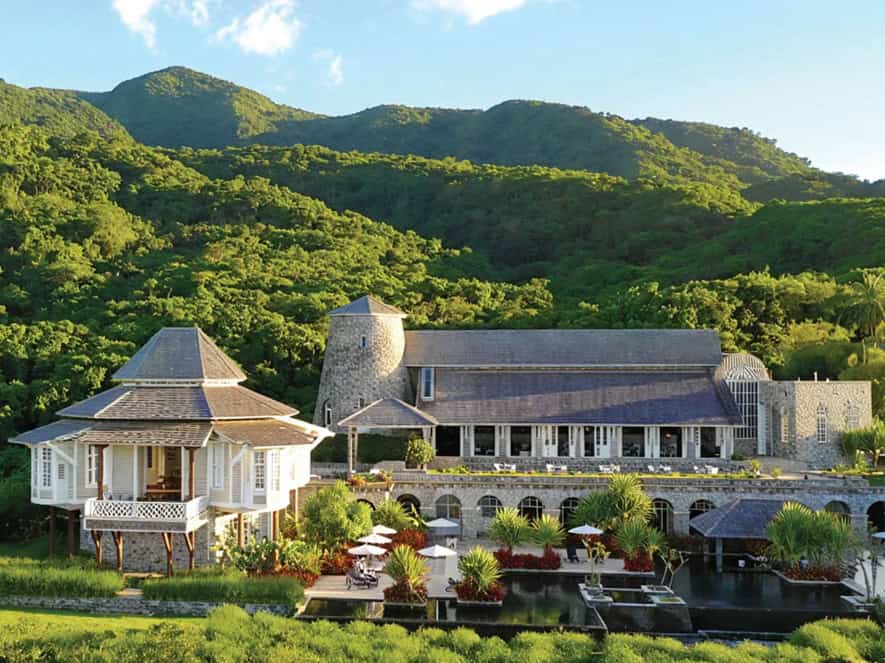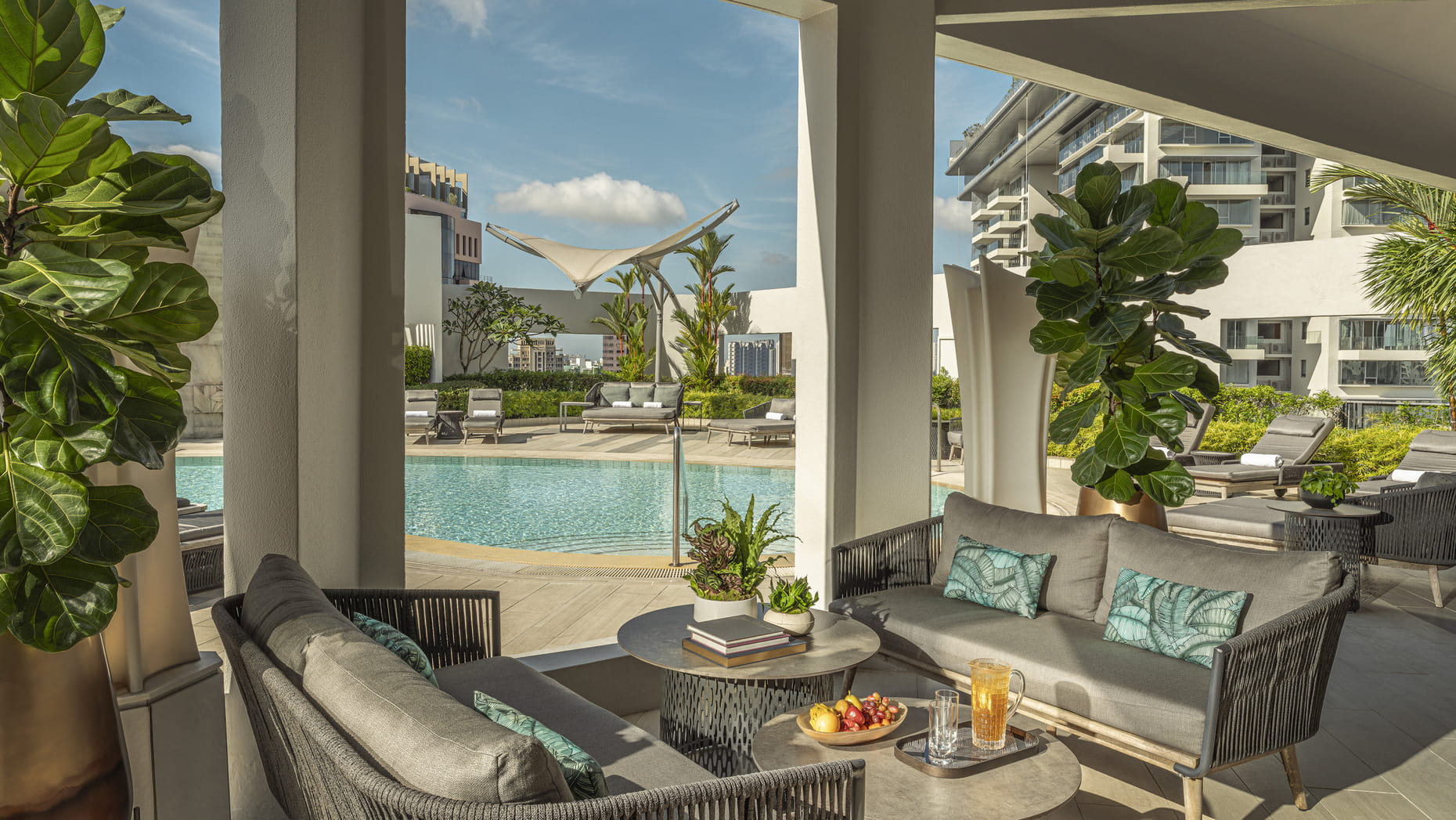There are a hundred fitness boot camps on the wellness retreat market, but none of them are quite like Chōsen Experiences. Aside from the fitness programmes designed by Olympian athletes, and the special priority given to mind-body connection and restorative practices, Chōsen Experiences was founded by two former athletes who experienced the unhealthy burnout of corporate life for themselves when they entered Hong Kong’s frantic financial sector. Inspired to recover their former healthier lifestyles and take wellness to the next level, Robin Connelley and John Stanton founded Chōsen Experiences in 2013 in Bali, and have since taken the concept to multiple locations around the globe. Compare Retreats chats to Robin and John about their personal wellness journey, setting and achieving big goals, and the importance of self-care.
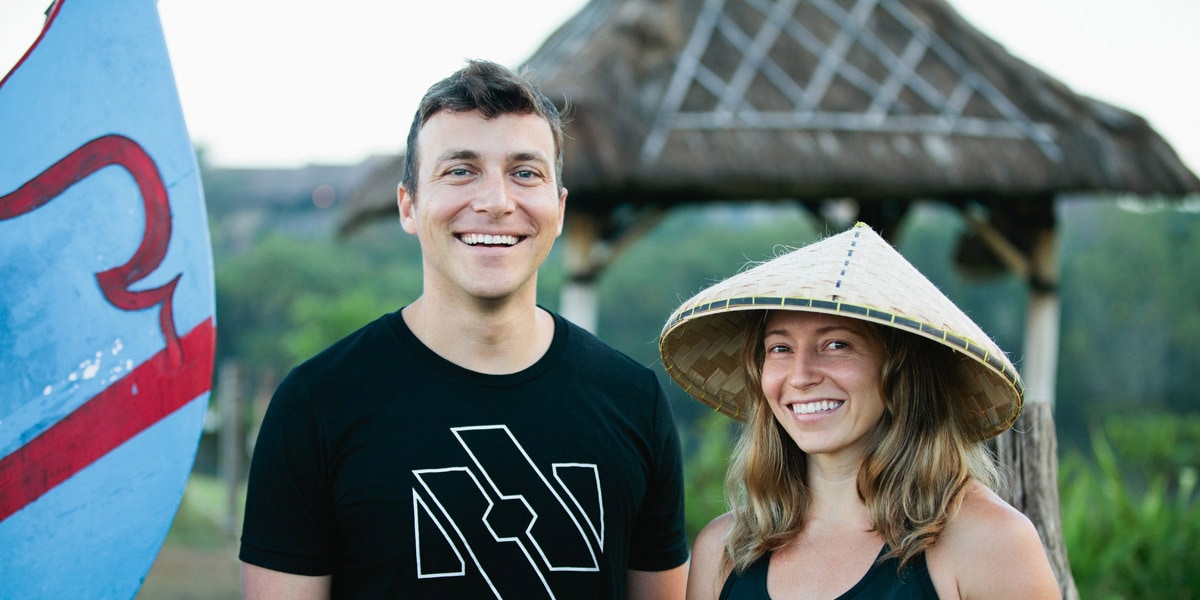
What was your life like before you founded Chōsen Experiences?
Robin: I was a “former athlete” who entertained in the Hong Kong finance industry, playing ultimate frisbee once a week and doing Crossfit 3-5 times a week. I travelled regularly and struggled to eat well, limit my drinking, have time for myself and keep training while moving around the world checking on investment projects and trying to find investment partners who wanted to save the planet by investing in cleaner technologies. However, the finance culture overtook our good intentions to maintain control over our lifestyle decisions.
John: I was also a former competitive athlete who knew there was a better way to live… a healthier, more balanced way to live. Our entrepreneurial venture capital business was passion driven in that we looked to empower entrepreneurs in the clean innovation space— it was in alignment with my core values, but the conventional day-to-day life of raising capital and “doing deals” was the opposite: in direct contradiction to my core values. I found myself sacrificing my health for monetary success, which was decidedly unfulfilling.
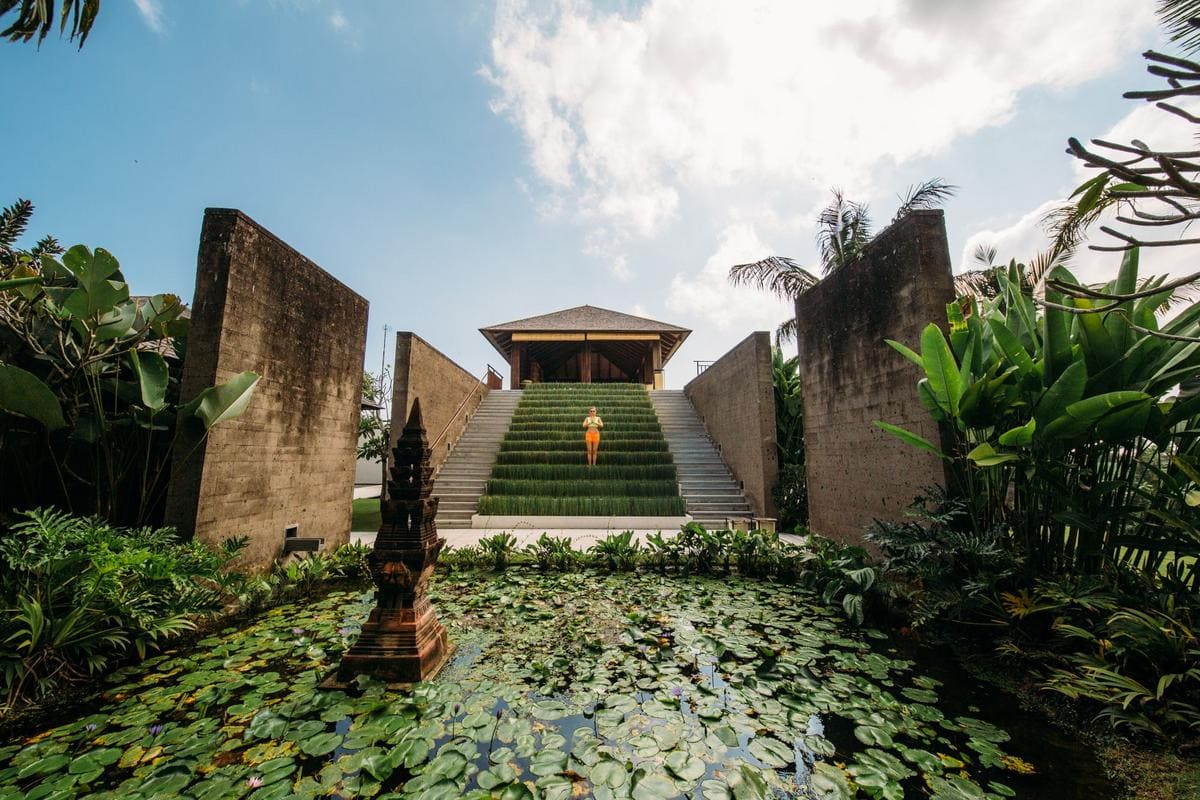
When, how and why did you found Chōsen Experiences?
Robin: The initial version of Chōsen was in the summer of 2013 in Canggu, Bali where we decided to spend the summer trying to live an ideal lifestyle where we worked out, surfed, ate nutritious food served by an in-house chef and practised yoga and meditation daily. We wanted to recover from the Hong Kong air (both literally and figuratively). Being an entrepreneur, I thought I was in control of my lifestyle decisions but still felt like I was missing something more and found it very difficult to reconcile being a venture capitalist and being a healthy, conscious being.
John: A core part of the impetus for starting Chōsen in 2013 was that we could not find anything in the market that was truly showcasing values-based, high-performance living that incorporated cultivating the mind-body connection. We looked at everything in the market from yoga retreats to boot camps to luxury spas and found everything lacking the fundamental components of a lifestyle that resulted in us being our best selves: constant learning, science-backed wellbeing information based on the physiological/psychological symbiosis between the mind and body, and values-based decision making.
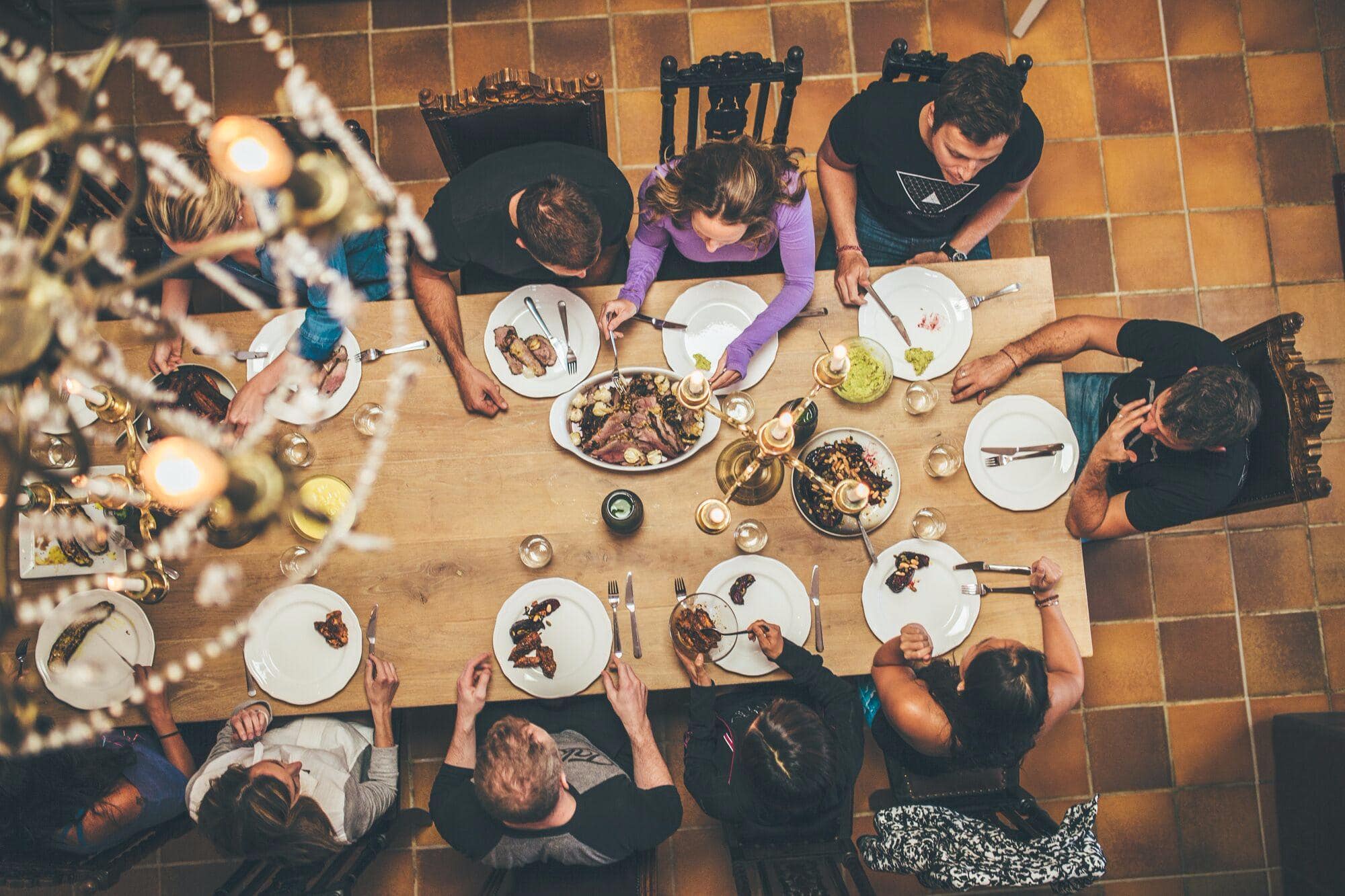
The most powerful transformations can come through difficult times or a crisis because people are forced to have a breakthrough. How have you changed a crisis into an opportunity?
Robin: We were definitely experiencing friction between the desire to make a difference with our careers and the desire to live a meaningful, fulfilling and fun life. We had a number of very interesting people show up from our networks and saw that our experience resonated deeply with them as well. It took another year or so to decide to commit full time to this passion project.
John: The friction between the life we were living and our core values is difficult to describe because, by all conventional measures, we were extremely successful and living aspirational lives. For me this disconnect made me feel inauthentic. The disconnect came to a boiling point in two stages: one when we decided to launch Chōsen in 2013 and the second when, after the second season of Chōsen, I was involved in a motorcycle accident that kept me grounded from air travel for two months. It was during this time of mandatory reflection that the value-based, high-performance living of Chōsen truly took hold of my life, and reaffirmed the importance of mind-body based self-care.
Chōsen Experiences are hosted around the world in the most beautiful locations, including your latest destination in South Africa. How do you choose these locations, and what unique qualities do the locations bring to each different experience?
Robin: We look for diversity of cultures with distinct local food offerings; access to healthy, nutritious food; and access to exciting adventure activities. We adapt the nutrition to each location based on what is available locally and then take local dishes as inspiration for the whole menu. For example, in Bali we have curry and sambal, while in Guatemala we create salsas and use local Mayan ancient corn. Then, the climate, environment and local culture come together to in really unique ways for very distinct experiences all based on the same foundational pillars of Chōsen.
John: In addition to the above, locations that evoke an emotional response are key. They act as reminders that we are connected to the environment and by living in this hyper-connected world, have an impact on communities thousands of miles away.
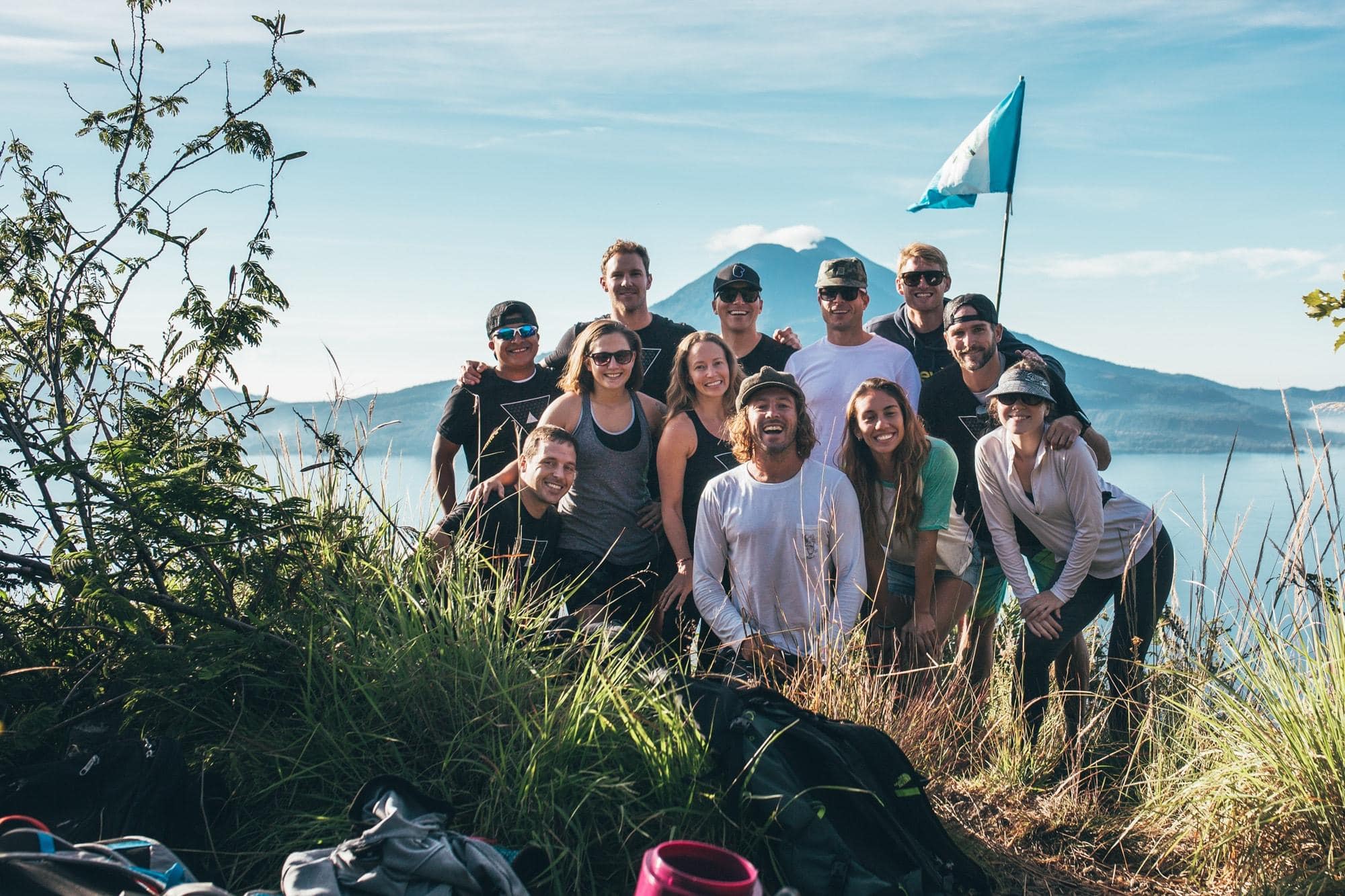
What kind of person is Chōsen Experiences best suited to, and what can guests expect from the programmes?
Robin: Chōsen caters to the open, curious explorer. If you are inclined to continue learning about yourself and your place in the world, then Chōsen will support this journey. You can expect an experiential programme designed by experts to cultivate your lifestyle curiosity by introducing dozens of new concepts with factual insights allowing you are trial a new way of living and to determine how you will choose to live in the future. At the very least, you will have a fun-filled week where you will find a diverse group of new friends.
John: Going through this journey leaves you in a mental space to take on your life empowered by your new learnings, by the fulfillment you feel in reconnecting your mind and body, with the confidence that what you’ve experienced is based on trialled and researched work from experts who are passionate about evoking emotional transformation in high performing people. Our Chōsen alumni are the type of people that you aspire to have around the dinner table. Curious, open, adventurous, life-long learners. Cultivating this community of incredible, inspirational humans drives all of our business decisions. For the incredible humans who attend an experience with us, the programme is one of immersive learning and self-discovery.
See also: 8 Transformational Retreats To Achieve Your Wellness Goals
Chōsen Experiences used to be more fitness-focused, and have now taken on a more rounded, holistic approach that addresses mental and spiritual health as well as the physical. What motivated this change, and what have you changed in the programming to meet this need?
Robin: We observed that training harder, longer or more often did not always result in stress reduction or fulfilment. Once we started looking into it, we found that Olympians typically relax, meditate, visualise, and work on active recovery the week prior to performing. We also noticed that a large number of highly successful people are under stress all day and then go to the gym to put their body under more stress, which was really just more of the same. We started to realise that the really hard part is having a balanced recovery plan and sticking to it. We adjusted our lifestyles and the programming to focus on listening to your body and developed a system called PPI: Presence, Purpose and Integrity. This is a self-check-in tool that allows you to listen to your body, consider your lifestyle objectives and align activity to these objectives.
John: For us, cultivating the inherent connection between the mind and body has always been central to the Chōsen ethos. We cultivate this connection in a way that showcases how amazing our bodies are, which makes an incredible impact on people who may be performing exceptionally in some areas of their lives (e.g. professionally) but poorly in others (e.g. self-care, relationships, happiness). The science behind how learning new movement affects intellectual or emotional health is clear: the body and mind are one, the more you explore yourself physically, the more positive the impacts on your mental health, and as such, the more positive the impact on your sense of happiness and fulfilment.
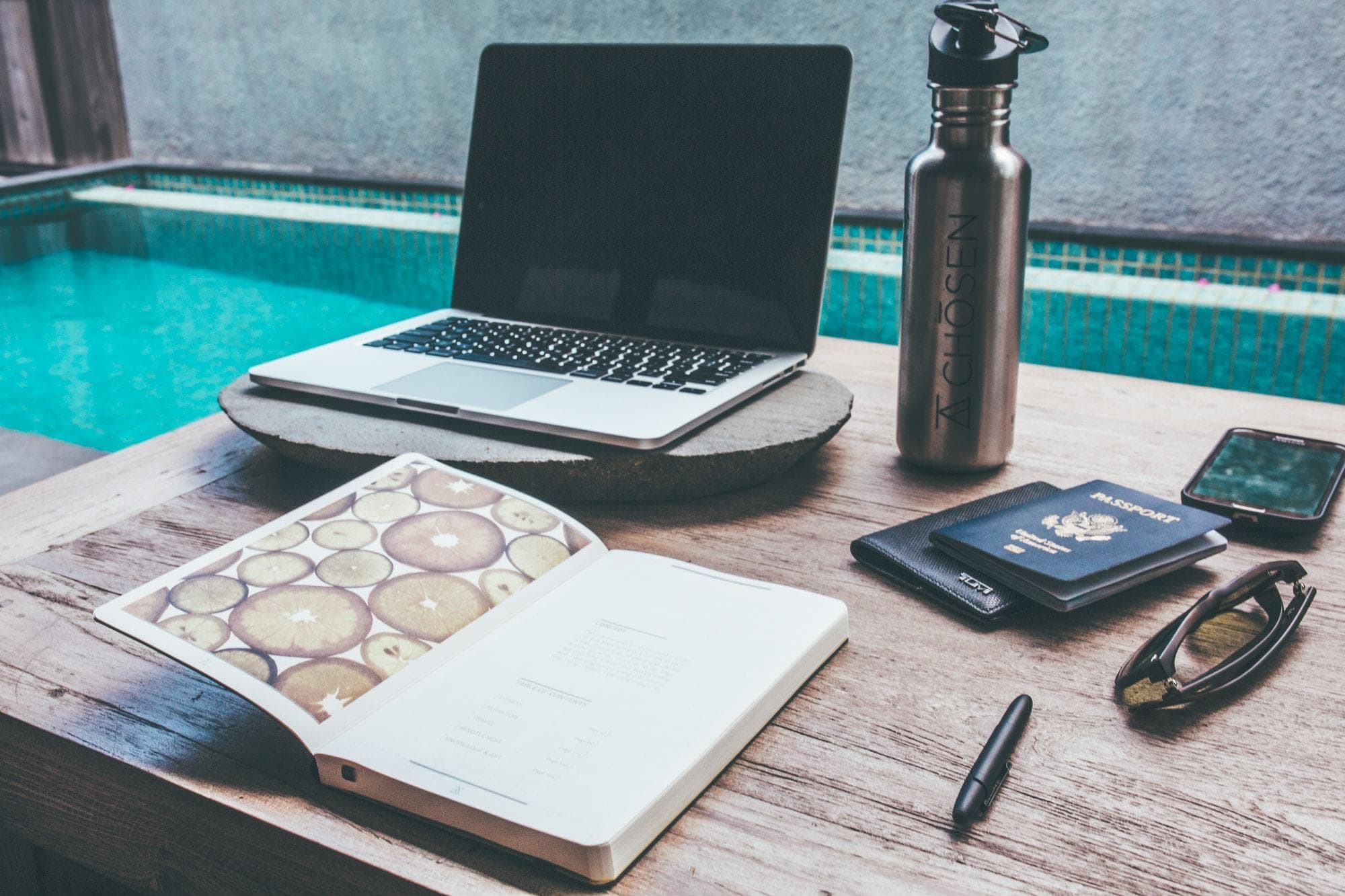
How do you reboot after a hectic week?
Robin: I like to play usually by trying something new. A new sport, activity, book or type of bodywork. This is the ultimate reward for me. I get to surrender to the unknown, relinquish control and just be present, humble and open for someone else to teach me something.
John: I incorporate self-care into every day, ensuring that I make sure to enjoy this sometimes uncomfortable journey of self-discovery. This allows me to be my best self—the best leader, the best friend, the best learner that I can be. I take special care to incorporate new or current learning activities on my weekends. Depending on where I am, you can find me in the air racking up hours for my pilot’s license, atop a polo horse playing chuckers, on a rock climbing boulder flagging, or in a boutique fitness facility exploring new movement patterns of dance, gymnastics, and strength work …. and all paired with eating amazing food, reading amazing books, and reconnecting with Chōsen alumni around a dinner table.
Which fitness trends do you love, and which do you hate?
Robin: I love the constant evolution of fitness trends! I believe 2019 is community and experiential: trying new things and making new connections with new people. I adore parkour, animal movement and anything that moves your body in a foreign way. Basically, anything that you would feel and look silly trying it out for the first few times is something I am in for, so I really champion Guava Pass, Class Pass and any type of programme that gets you to try new things, meet new people and explore new parts of the city. I would love to see some recovery focused programming mixed into the trending programmes and also new spaces for self-nurture.
John: My favourite fitness trend may surprise you: the standing desk. With so much of your time spent sitting in the office, commuting, dining, etc., consider your sit to fit ratio, even if you are someone who works out every day—where did you land?
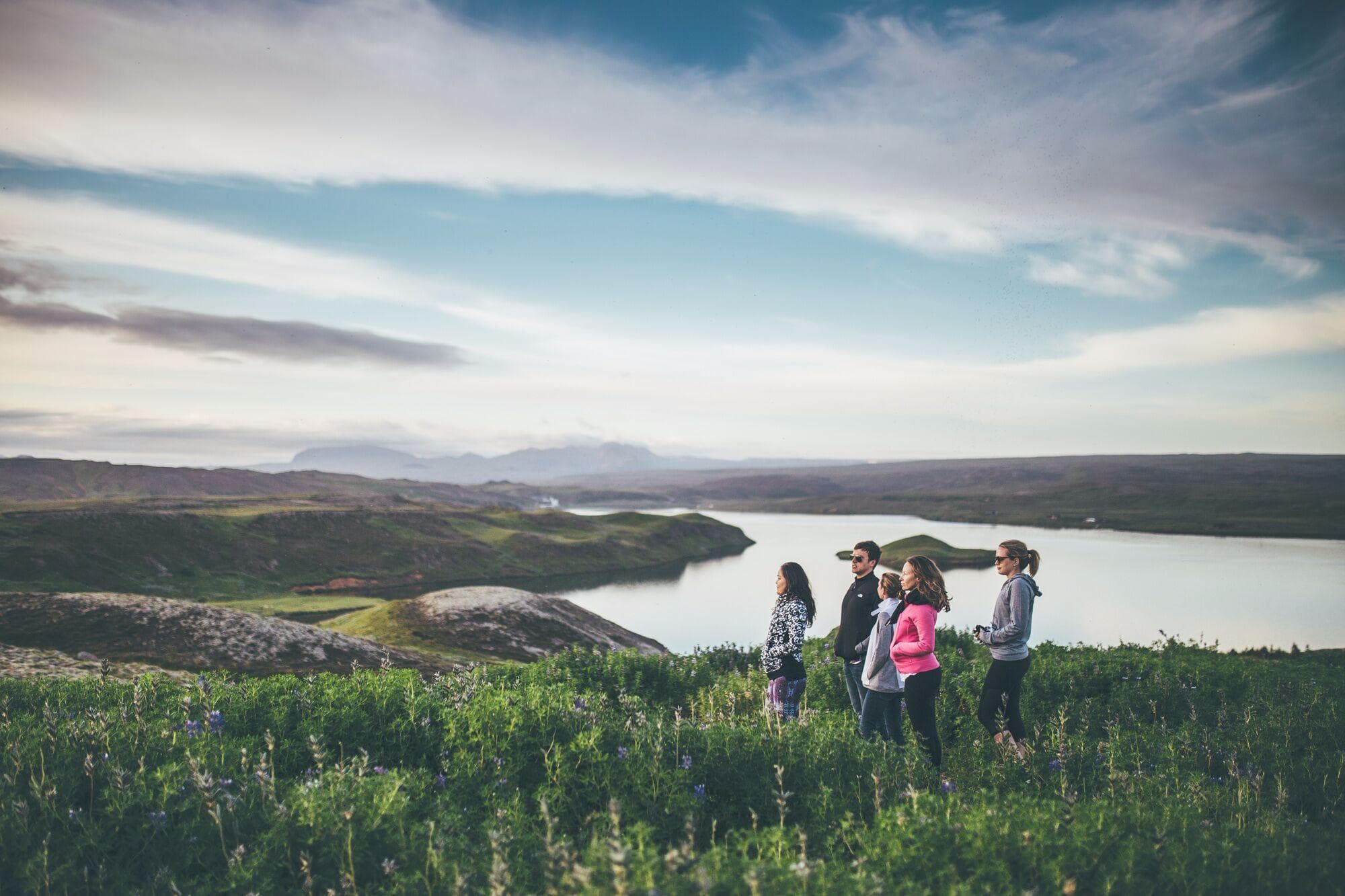
You have set and achieved big goals. What process do you swear by?
Robin: I believe it is important to spend quality time deciding where you want to go: identifying the life or lifestyle you want is the first step. It will probably take longer and look a little different from what you dreamt up, but that’s the best part. Schedule time to consider what you want. You do not want to be the person in a hurry to who knows where.
John: I echo my incredible co-founder: start with what you hold truly dear. What are your values? What you find may surprise you. From there, I do a semi-annual goal planning session, and a monthly check-in based on the Chōsen Planner/Flow-State goal setting that we do at Chōsen Experiences.
What’s coming up next for Chōsen Experiences?
Robin: A lot more community events, partnerships, business lifestyle support and a platform of vetted lifestyle design content to support your journey of choices in life.
John: We are focusing big on supporting and cultivating our incredible community, and then all the things Robin said! We are going big and would welcome you to come with us.

